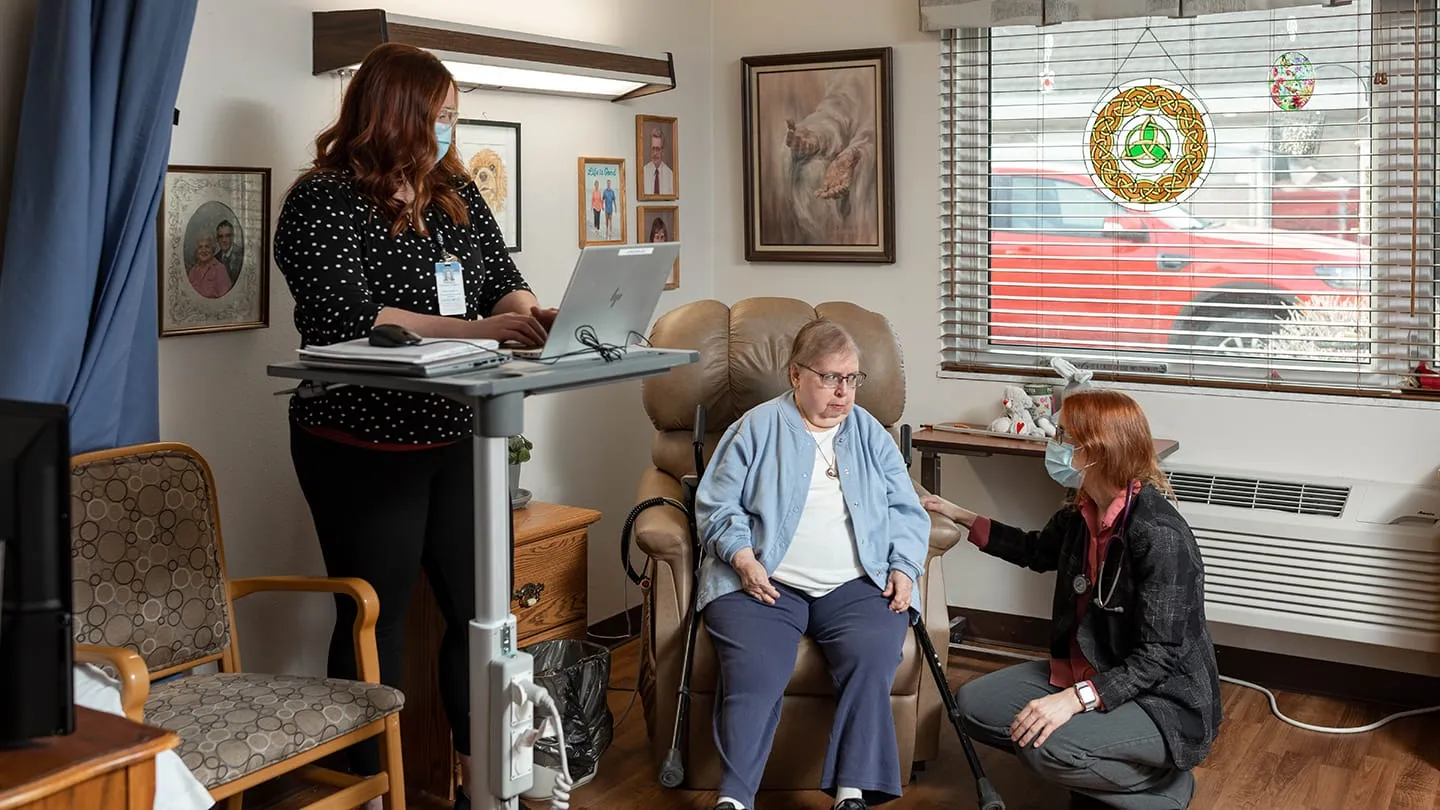Falling Raises Dementia Risk: Understanding the Connection

Falling raises dementia risk significantly in older adults. A new study reveals that cognitive decline not only increases an older person's likelihood of falling but also heightens the risk of injury, which may further exacerbate dementia progression.
Key Findings of the Research
This research highlights several critical aspects of how falling correlates with dementia:
- Cognitive Decline: Cognitive decline can impair balance and coordination.
- Injury Risks: Injuries from falls can lead to a fast-tracked progression of dementia symptoms.
- Preventive Measures: Implementing preventive measures can reduce fall risk.
Impact on Elderly Health Care
It is essential for health care providers to be aware of the intersection between falling and dementia risk in order to develop effective strategies for patient safety.
This article was prepared using information from open sources in accordance with the principles of Ethical Policy. The editorial team is not responsible for absolute accuracy, as it relies on data from the sources referenced.